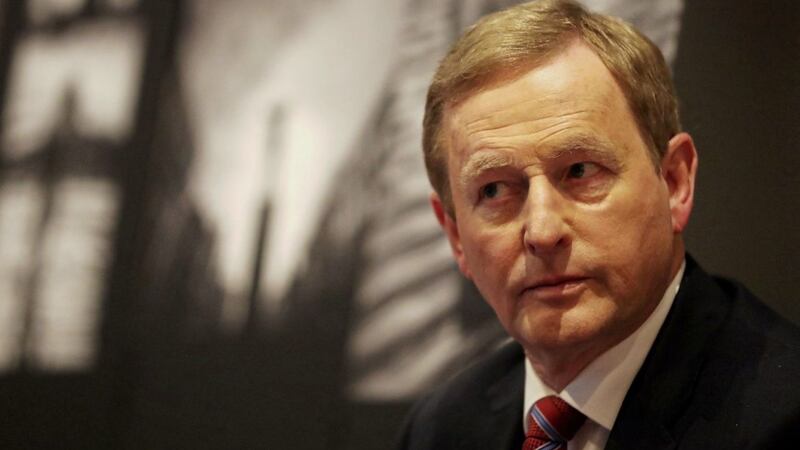There are more consequences, or should be, as a result of the poll published in this paper on Monday than simply the pecking order at Stormont.
However, it’s worth pointing out that that pecking order is set for remarkable change. The first conclusions are that the consistent trends since 2019 have been maintained and that the marked decline in the DUP’s support since then accelerated in 2021 placing Sinn Féin in pole position.
What is new is that, absent some major unforeseen political surprise, the Alliance party will be the third party in the north, conceivably in seats as well as votes because it is so transfer friendly.
Should that turn out to be the case, and if Doug Beattie’s tactic of tacking close to Alliance’s position on the protocol and socially progressive issues proves successful, then the SDLP will lag in fifth position. So far the much vaunted ‘Beattie bounce’ since last summer has had the coefficient of restitution of a dead cat. Nevertheless, the transfers predicted in Monday’s poll seem to vindicate Beattie’s decision to distance himself from Donaldson’s ill-advised pursuit of the TUV and loyalist blowhards. There is a clear affinity between Alliance voters and UUP voters. If Beattie can increase that affinity and persuade say, 20 per cent of Alliance voters, to give their second preference to UUP it could be vital for the fifth seat in more than one constituency.
All these points are self-evident. What is not however, are the wider consequences. With Sinn Féin out in front holding an apparently unassailable lead over the DUP it’s long past time for the Irish government to rethink its attitude and behaviour to northern nationalism. Sinn Féin has been the dominant northern nationalist party since it came second to the DUP in the 2003 assembly election, then its best result since the British invented the north for unionists: that’s nearly twenty years ago. For the last number of years Sinn Féin has won between 65 per cent and 70 per cent of the nationalist vote in local government and assembly elections. Since 2007 SF has striven to share power on equal terms with the DUP in OFMdFM and the Executive Office, admittedly to no avail since there is no reciprocation.
However, that is not the point. The point is that regardless of the consistent and persistent preference of northern nationalist voters for Sinn Féin, Irish governments, particularly since 2010, have expressly set out to boost the SDLP and to do as much damage as they can to SF as part of their hostile campaign against the party, an increasingly powerful rival in the Dáil. Enda Kenny sent a string of Ministers of Foreign Affairs (note the ‘Foreign’) to the north, – Coveney excepted – men noted for their antipathy to SF including former Workers' Party member Eamon Gilmore.
There are suggestions Department of Foreign Affairs officials, following the instructions of their political masters, have been less than warm to Sinn Féin politicians.
This broadly hostile attitude to the political representatives of up to 70 per cent of northern nationalist voters has been consistently unhelpful, especially after Brexit and dealing with an aggressively pro-unionist British administration in the north.
If May’s assembly elections turn out as expected it is essential that the Irish government accurately supports and promotes the positions of the majority of the representatives of northern nationalists in the inevitable forthcoming negotiations. It is also essential that they acknowledge their support publicly and formally.
It’s unacceptable to say one thing to SF people in private but distance themselves publicly. It’s beyond pathetic to continue to pretend that the SDLP is a major player, an untenable position if and when the party slumps to fifth in the north’s electoral pecking order.
Continuing to promote a split in northern nationalism, which is what Irish governments have been assiduously working at ever since Sinn Féin eclipsed the SDLP twenty years ago is damaging and counter-productive. Deal with northern politics as is, not what you wish it was.









